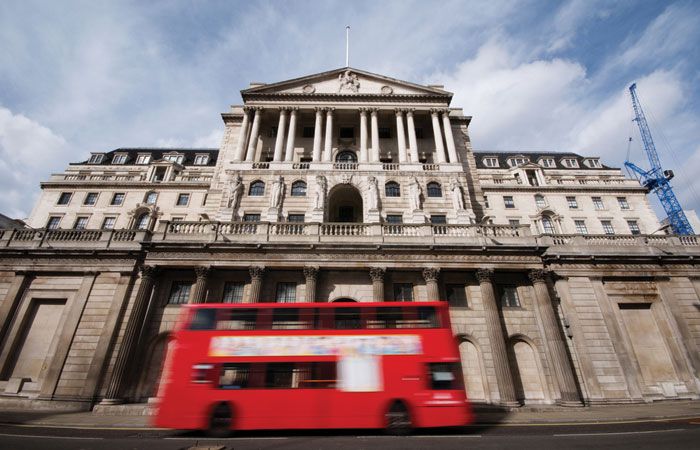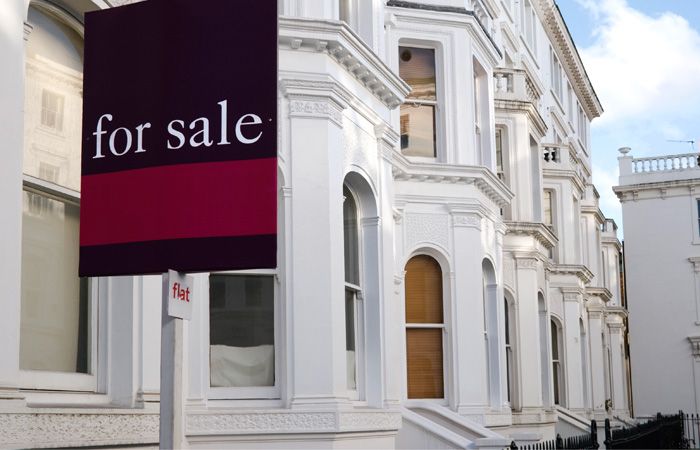House prices are rising faster in Edinburgh and Manchester than in any other UK city, according to the latest Hometrack house price index, closing the gap on prices in the capital.
Prices in the cities were found to have risen by 7.1 per cent in the Scottish city to an average of £225,300 and 7 per cent in Manchester to £163,300.
Price drops were recorded in just two cities over the past 12 months; Aberdeen, down 5.7 per cent, and Cambridge, down 0.9 per cent.
In London, house price growth slowed to a nine-year low of 0.4 per cent, according to the index, while prices fell in 43 per cent of the capital’s local authority areas.
The average London home is now valued at £491,200.
Hometrack expects the gap in prices between London and other UK cities to continue to close over the next two years.
Hometrack insight director Richard Donnell says: “We expect house prices to keep rising across regional cities such as Birmingham, Manchester and Edinburgh over the next two to three years. During this time house price growth in London will remain flat with annual price rises of approximately 0-2 per cent.
“As a result, the gap between house prices in cities outside of the South East and house prices in London will continue to contract.
“Naturally, the relative price gap between cities fluctuates over the course of the housing cycle as supply and demand is affected by factors such as economic growth, job creation, wage increases and the flow of new investment.
“Hometrack expects that Manchester and Birmingham will close the gap to London fastest in the coming years as these cities are likely to see the strongest jobs growth. The level of house price inflation seen in large regional cities during the last peak, between 2000 and 2003, gives a good indication of how much prices may rise this time around. If history is to repeat itself and these cities are to get back to where they were, then prices could increase by as much as 20-25 per cent.”






